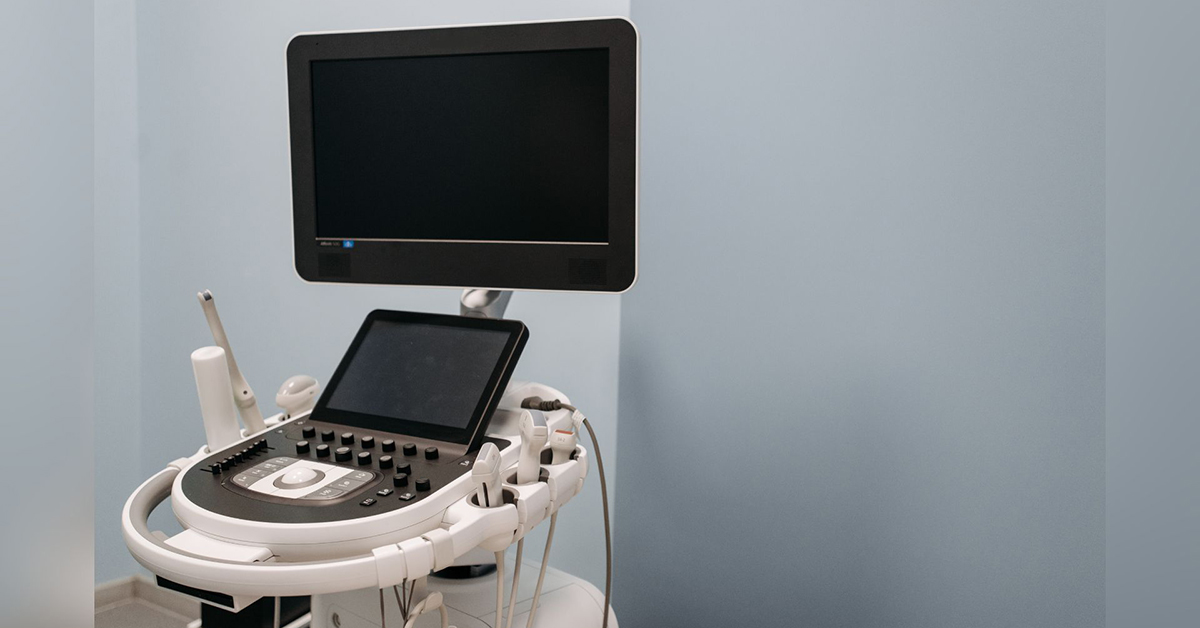Hope in early prostate cancer detection amid rising advanced cases

Ultrasound machine connected to biopsy device. File Photo
John* (not his real name),45, has observed that his nighttime trips to the toilet have become more frequent than usual.
He is the primary breadwinner for his family of seven, and this pattern has started to impact his ability to tend to his maize and cotton farms.
"I find myself getting up in the middle of the night to urinate multiple times, about five times on average," he explains.
In response to this concern, John sought medical advice, and the doctor recommended a cancer screening. For his case, the test measured the amount of prostate-specific antigen (PSA) in his blood. The results of the test revealed an enlargement of his prostate gland, with a PSA level of 85. That is how he got diagnosed with advanced prostate cancer.
The PSA test is a blood test used primarily to screen for prostate cancer. PSA is a protein produced by both cancerous and noncancerous tissue in the prostate, a small gland that sits below the bladder in males.
Determined to obtain a second opinion, he underwent another test two weeks later, which indicated a PSA level of 128. A fortnight after that, the PSA level had risen further to 148.
Faced with this alarming progression, John became increasingly anxious and had no otherwise but to embark on a frantic search for assistance. Multiple medical professionals confirmed the diagnosis of advanced cancer and called for the need for swift action.
However, the cost of medical treatment was a significant concern, amounting to approximately Sh1.8 million.
According to data by Kenya Association of Urological Surgeons (KAUS), 4,200 men in Kenya are diagnosed with prostate cancer out of the 42,000 general cancer cases, which contribute to 22,000 deaths every year, making it the most common and deadliest cancer among men.
Prof Peter Mungai, a consultant urologist at The Nairobi Hospital, says early prostate cancer detection can be cured as opposed to advanced cases which can only be palliated.
In a move aimed at detecting the disease before its advanced stages, AstraZeneca donated an ultrasound biopsy machine to Kenyatta National Hospital (KNH).
This donation has brought a ray of hope to individuals like John, who are battling prostate cancer.
It is expected to enhance survival rates among prostate cancer patients by providing early and accurate detection, ultimately making a significant impact on the fight against this disease.
“Early detection is crucial in improving treatment outcomes for patients. With this advanced equipment, we aim to reduce the number of late-stage diagnoses and provide more effective treatments to those under our care," said Dr Evanson Kamuri, the Chief Executive Officer (CEO) of KNH in his address when receiving the donation.
Pelin Incesu, who is AstraZeneca’s Area Vice President for Middle East and Africa, stated that their partnership with the National Cancer Institute of Kenya (NCI Kenya) and KAUS to address prostate cancer, symbolized their dedication to combating the increasing cancer burden in Kenya. She explained that by improving equitable access to technology that allowed for early diagnosis, their aim was to enhance patient outcomes and, in the process, transform cancer care on the continent.
This initiative is a part of the pharmaceutical’s Cancer Care Africa program, which collaborates with NCI Kenya and KAUS to equip seven hospitals across Kenya with advanced diagnostic tools.
These hospitals, including KNH (Nairobi), Moi Teaching and Referral Hospital – MTRH - (Eldoret), Kenyatta University Teaching, Referral and Research Hospital - KUTRRH - (Nairobi), Jaramogi Oginga Odinga Teaching & Referral Hospital (Kisumu), Coast General Teaching and Referral Hospital (Mombasa), Meru Teaching and Referral Hospital (Meru), and Kakamega County General Teaching and Referral Hospital (Kakamega), are set to receive ultrasound biopsy machines by the end of the year.
In addition to the ultrasound biopsy machine, the initiative will provide KNH with 3-4 reusable biopsy guns and 10,000 specialist kits for diagnosing prostate cancer through a blood test. These tools will significantly aid in the early detection of prostate cancer, ultimately improving patient outcomes.
